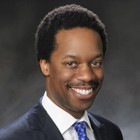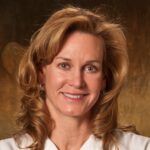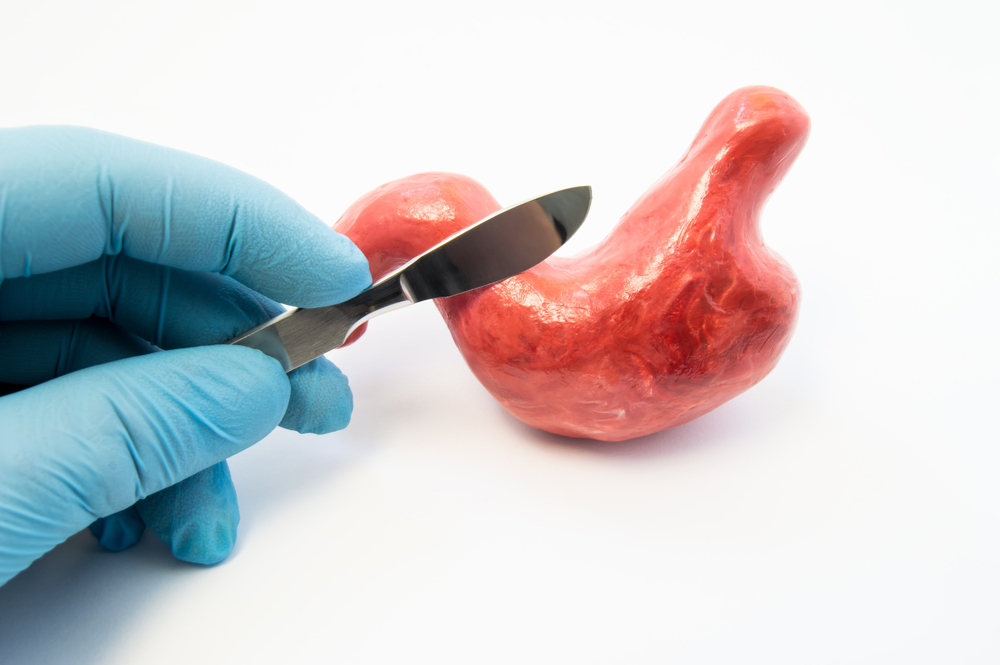For anyone who’s ever contemplated a medical procedure, it’s pretty common knowledge that the first practical step is finding a doctor. However, when it comes to cosmetic surgery, the situation can become a little more tricky – for doctors and patients alike. We spoke to a few doctors to get their thoughts on screening, conversion rates, and how important it is to make sure the consultation process is as seamless as possible.
 Dr. Carlos Burnett – Westfield, NJ
Dr. Carlos Burnett – Westfield, NJ
Dr. Burnett has been board certified by the American Board of Plastic Surgery. He has trained on both coasts, in California as well as in the Tri-State area, and is a fellow of the American College of Surgeons.
Dr. Burns is certified by the American Board of Plastic Surgery and is a member of the prestigious Dallas Plastic Surgery Institute, a renowned group of internationally known plastic surgeons.
Dr. Voss specializes in dermatology and dermatologic surgery including state-of-the-art cosmetic surgical and non-invasive procedures. She is an esteemed physician, well-known throughout the Northwest for her compassion and extraordinary outcomes.
Do you find it difficult to pre-screen a prospective patient over the phone?
Dr. Burnett: I would say yes. You know, you can ask them only so many questions, so it’s a little awkward to pre-screen over the phone, yes.
Dr. Burns: Not at all. I’ve been doing it for 20 years.
Dr. Voss: No. Especially with photography these days, you can just send a picture and that always makes it easy. Most people are pretty accurate. Although it would be impossible for some things. I pre-screen over the phone or with a picture a lot, but with contouring of the face, I really need to look at them in 3D, and that I could not do over the phone.
Have you ever had instances where patients “embellish” their body measurements?
Dr. Burnett: Hmm, I don’t know. In my experience, not really. I mean, they’re shy just making the call really. It’s more about the call. A lot of times, maybe they’re at work and it’s taken them a lot of time to get up the courage to call, so there’s always a little bit of emotion in the call.
Dr. Burns: Always. Typically they’ll tell you they weigh ten pounds less than they do. We don’t really deal with measurements, very few patients know their measurements. But it’s typically weight-related.
Dr. Voss: I don’t really ask them their measurements. Some people I’m pretty sure don’t know how big they are, but I know that they feel they need help, and that’s all I need to know.
Do you find that most patients don’t plan to waste your time with the consultation but ultimately do?
Dr. Burnett: There’s a small percentage that, once they get to that point, the thing that turns them off is maybe the cost, or the timeframe – sometimes their timeframe is different than ours. And then there are other times when surgery just isn’t appropriate. If their BMI is too high, then we will make them try to get in better shape and come back.
Dr. Burns: They do, and it’s mostly based on finances. I don’t think they do their homework ahead of time to know how much the procedures are going to cost, or they want multiple procedures and just realize that they can’t afford it. And once they get here, they have to start narrowing the list down.
Dr. Voss: I look at it as an educational process, and some people take years to come to grips with what they really want. It’s just part of a process, I don’t feel like they’re wasting my time. I know that some of them are ready to do it right away or that they won’t do it at all, but you just need to educate them. And I think the more people you educate, the better.
With the average consultation to procedure conversion rate being just under 40%, what would you say to a doctor who claims he has a 95% conversion rate?
Dr. Burnett: I would say that sounds really amazing!
Dr. Burns: I would say that’s really hard to believe. Nowadays, with the competition the way it is, I would say you’re going to be lucky to have 60/40.
Dr. Voss: He probably just doesn’t have very good statistics. He probably thinks they’re converting but if he actually saw the data he’d realize that no, that’s probably not the case.
With technology evolving and people’s attention span continuing to shorten, how important is it to make the consultation process as convenient as possible?
Dr. Burnett: Well, you know, I think it’s important. We try to do their photographs beforehand so we can have a before and after ready for them. We try to do all of their paperwork before they come in, we think that helps. And what we’re doing is less measuring people – that takes up time, so we kind of hold off on that. So we think having the before and after ready, pre-doing the paperwork – we think all of that helps.
Dr. Burns: It’s very important. And not only do you want to make it convenient, you want to get them in within that week, if not the next week. Because if you don’t, they’ll just go somewhere else. When someone is contemplating that type of procedure, it’s kind of like they’re wanting instant gratification. They want it when they want it. You know, that’s just the way it is, so we try to get them in within a two-week period. We try not to take up too much of their time, we tell them what to expect, we make a list of their questions, we let them know what’s going to go on in the consult, and that we’re going to be taking some photos. That way, things run smoothly and rapidly.
Dr. Voss: I think that’s important. In my practice, I tend to get people who do their research and think about it for a while, and I don’t get those snap judgment people, which I love to get. People make snap decisions all the time to do things, and that does happen in my office, but I think my clientele tends to be a little more But I do think if you have a lot of in-your-face advertising out there, you’d better make it convenient for people who make those snap decisions.











